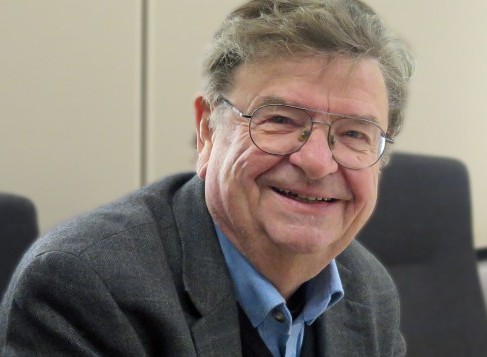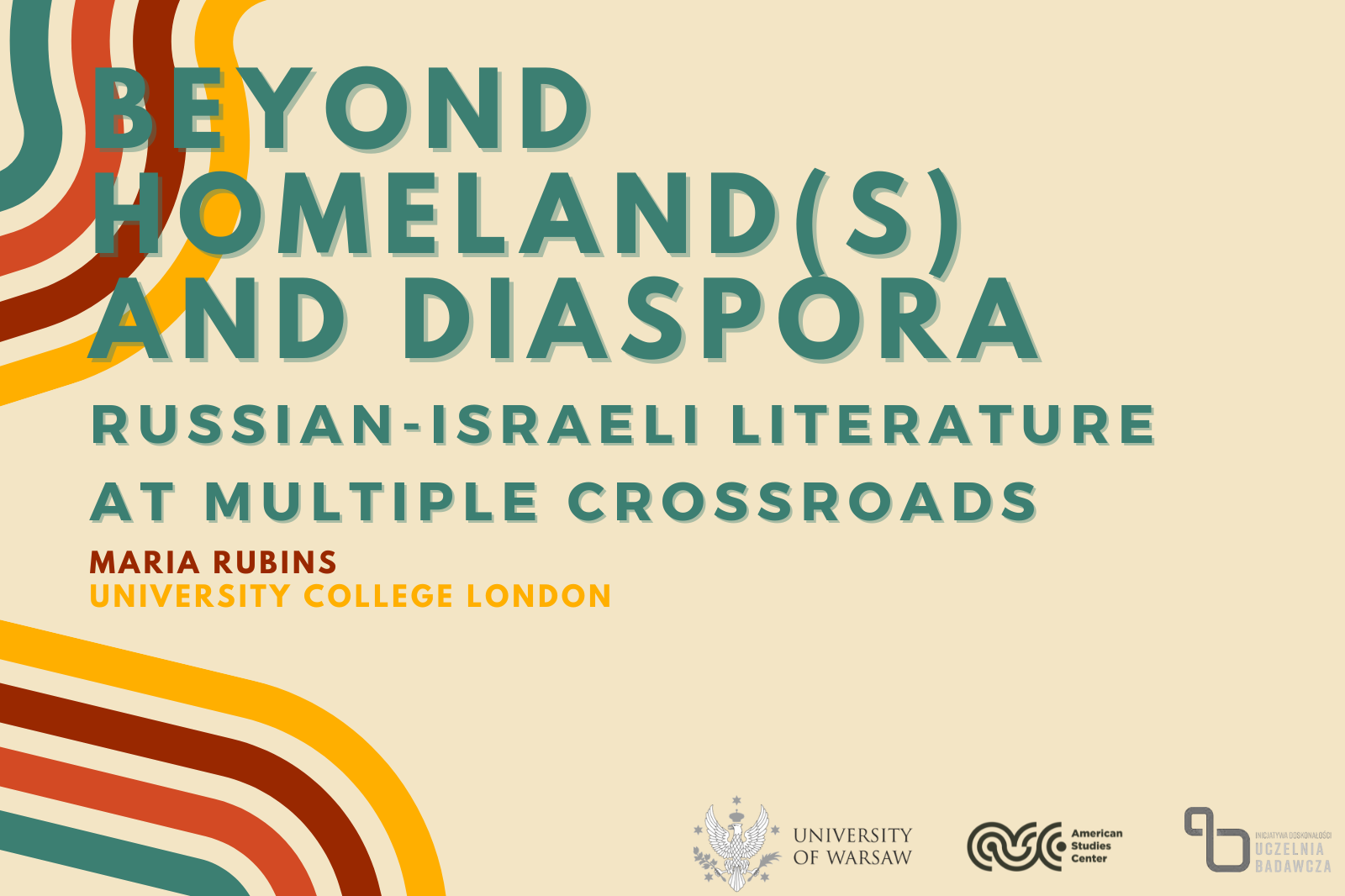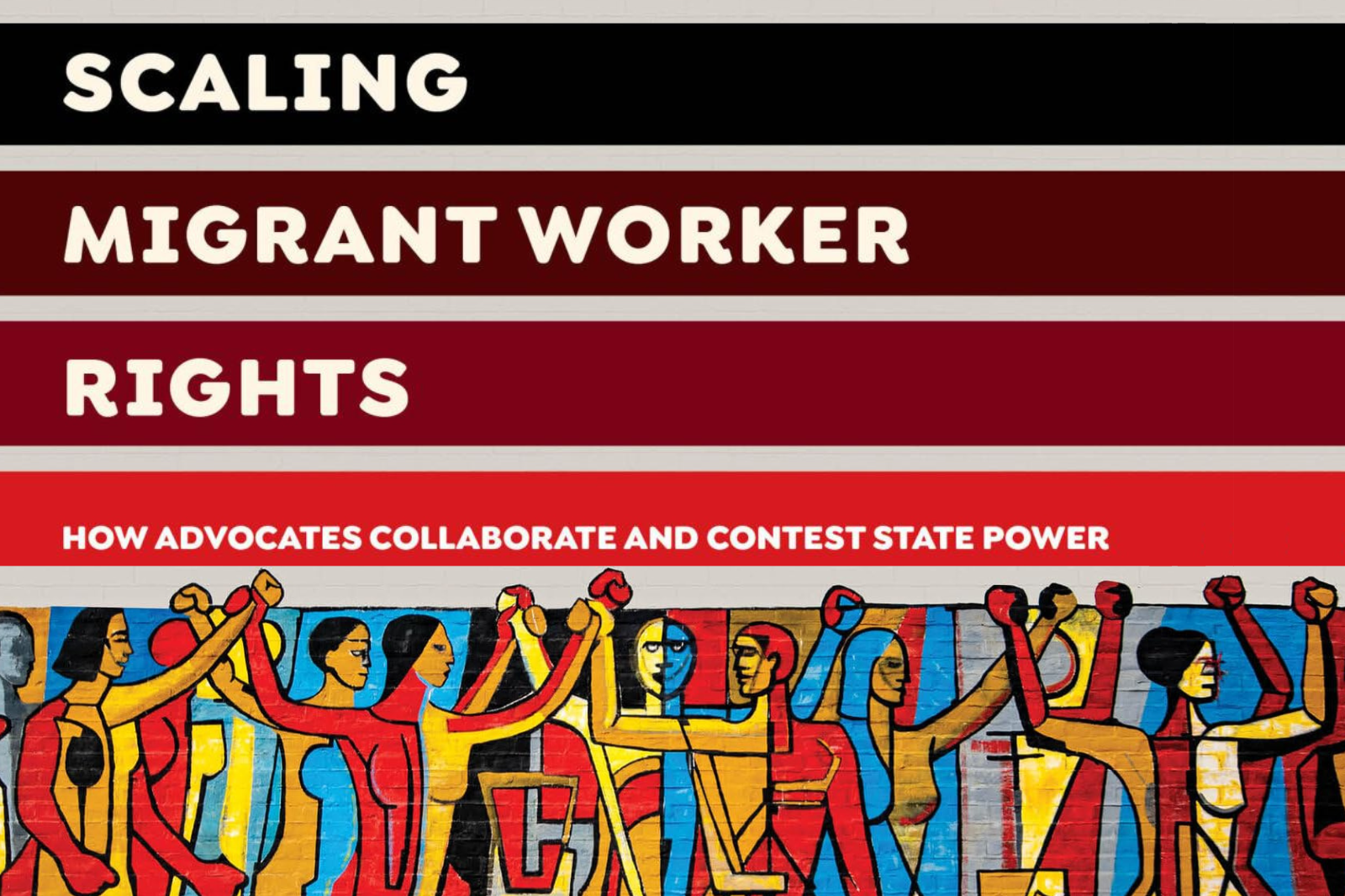We are pleased to announce a guest lecture by
Prof. Heinz Ickstadt
Kennnedy Institut, Freie Universitat, Berlin
Backward Glance over the Much Traveled Road
of Postmodern Fiction
Thursday, October 10, 2019
at 4:00 p.m.
Where?
American Studies Center, room 116,
al. Niepodległości 22, Warsaw.
What?
The lecture will discuss the instability of the term “postmodernism” and the different shades of meaning it has gained from changing historical contexts as well as via the differing perspectives of a variety of disciplines. It will then go back to the period in which the label “postmodern” could be most suitably applied to a certain type of narrative from Donald Barthelme to Robert Coover, Thomas Pynchon and Don DeLillo. The death of postmodernism was announced by Ihab Hassan in 1993 but the term is not quite dead yet; it is still lingering on – as are the ‘masters of postmodernism’ who are struggling with a literary style they once were thought of representing.
Who?

Heinz Ickstadt – Professor Emeritus in Kennedy Institut of Freie Universität, Berlin, one of the most outstanding European Americanists of our time, specializing in the history of American culture and literature from the second half of the 19th century to the present. Author of many books and essays, including Der amerikanische Roman im 20. Jahrhundert: Transformation des Mimetischen (1998), Faces of Fiction: Essays on American Literature and Culture from the Jacksonian Period to Postmodernity (2001), and Aesthetic Innovation and the Democratic Principle: Essays on Twentieth-Century American Poetry and Fiction (2016). President of the European Association for American Studies in 1996-2000. Professor Ickstadt has been a longtime friend and supporter of a few generations of Polish Americanists, also cooperating as a teacher with the ASC faculty in Warsaw and Berlin.




